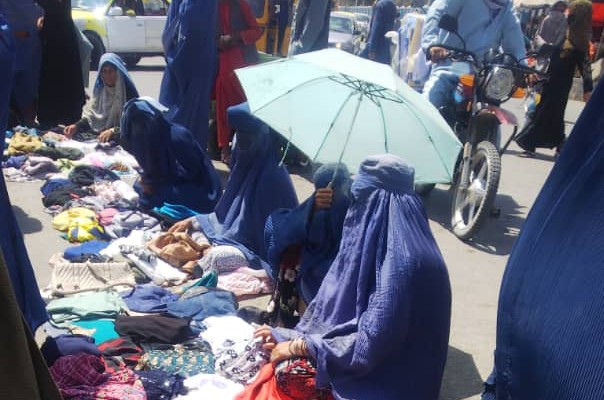 By Zainab Wafaie
By Zainab Wafaie
Translated by Hoshang Gulistani
Afghan women have endured hardships, difficulties, and pains for a long time. There have been many women compelled to leave their homes to sell old clothes on the streets in the scorching sun of Mazar-e-Sharif, the center of Balkh, so they can provide a few loaves of bread at night with the profits the make. Shakila, a nickname for one of these women, carries the brunt of life’s challenges on her alone; the mother of four, who is about 35 years old, lived a more luxurious life when working in one of the government offices during the republic period. However, the Taliban fired her from her position, and despite her experience and expertise, she has been selling used clothing in the auction market for the past two months.
Shakila lost her husband in the conflict with the Taliban in the Helmand district of Greshk, who had served in the army under the previous government. Shakila was able to provide for her and her children’s living costs even after her husband’s death since she was a permanent employee and had a fixed salary; nevertheless, remaining at home places her in extraordinary hardship. “At least I didn’t have to worry about food, although my husband’s absence and the anguish over losing him were unbearable for me.” She said. Shakila collects these old garments from her neighbors and sells them for no more than 20 Afghanis a piece at the Mazar-e-Sharif auction market. “I had no money to invest in the business of selling used clothes,” she says. To get a few Afghanis to purchase dry bread, I must sell the clothes of my neighbors. Shakila can buy her children a couple of loaves of dry bread and occasionally other things at night with the money she makes from her daily work. Shakila is only one of thousands of women whose lives have been drastically altered by the Taliban’s presence and who will have to endure these sufferings indefinitely.
The 60-year-old lady known only by her nickname Fatemeh, is seated at the other corner of the street, where she has taken sanctuary in the city’s market to support her nine-person family. Before the fall of the republic, she lived in Bala Hisar, Kabul, but she fled to Mazar-e-Sharif with her ailing sons and grandsons to seek safety from the hardship of life. Now, she supports them by working in this city. Fatima’s husband passed away 20 years ago due to sickness, but at the time, she was merely grieving for her dead husband because she was working as a cook at the Urban Development Directorate and making a comfortable living off of her income. The two sons of Fatemeh are 30 and 35 years old, and both are mentally ill. She says, “Even though both of my sons had mental illnesses and I had lost my husband, I was still able to handle the expenses and illness of my sons.” Fatimah’s sons were receiving therapy, and the doctors had assured her that with thorough and ongoing care they would improve. “I rented a home, and each month I paid 2,000 Afghanis in rent. My monthly salary of $15,000 would take care of all my issues. Fatemeh now has to care for her seven grandchildren, all of whom are girls, in addition to her two sons. A mortar round strikes the house of Fatima’s daughter in 2021, during a conflict between the Taliban and the security forces of the former government. Her daughter, her husband, and their two children are dead, and Fatemeh finds herself in charge to take care of her grandchildren. She says, “No one offered to look after my grandchildren from the family of my daughter’s husband, so I had to bring them with me.” With the fall of Kabul to the Taliban, Fatemeh’s life also falls. She eventually leaves Kabul after a year of grueling existence there in the hopes that perhaps a glimmer of light would appear there in her life. Fatemeh says, “Life in Kabul became difficult and dark for me, and I thought maybe in Mazar I can find another job.” Since six months ago, Fatemeh has made a living by selling used clothing there. She does so from a run-down rental home in Mazar-e-Sharif’s in fourth district. She buys various sorts of used clothing at a cheaper cost and sells them for a higher price in the market, but occasionally she cannot even make enough money this way to purchase a few pieces of dry bread. “Some days I can sell one or two types of clothes at the market, and at night I can take home bread, but other days I can’t even sell 10 Afghanis a day to buy a loaf of bread.” Fatemeh has endured challenges over the past two years, in addition to being occasionally interrogated at Taliban checkpoints. The Taliban ask her where she will go without male chaperone.”One day, I was riding in the front seat,” she recalls. We were halted by the Taliban, who asked us why I was sitting on that seat and where she was going without without male chaperone. He slpped the driver twice, and if other passengers had not intervened, the Taliban would have taken us with them. Fatemeh, who is now elderly, has struggled with asthma in addition to mental problems as a result of her traumatic past. Nothing can make her happier than finding a hand to lift the heavy load of life off her shoulders since, for her, Kabul, Mazar, and every other city in the globe are like prisons.
Another adult lady in Mazar-e-Sharif by the name of Tamana- a nickname- must battle life to tame it. Life now looks untamable with the Taliban’s return. Tamana has been selling women’s clothing for six years and is 55 years old. She was earning a solid living in this manner up until two years ago, but now her business is struggling. In addition, she just received a Taliban order to close her store. Tamana stated as she described her predicament with confusion, “I wonder why the Taliban don’t want the women to live in peace. They permit other women to work on the roadways, but because I own a shop, I am not permitted to do so.” Tamana’s husband passed away from sickness two years ago, leaving her with a son and two daughters. Tamana must set aside a portion of her money to cover the rent on the home she shares with her kids. Despite leading a difficult life, she is soon going to lose her main source of income due to the Taliban’s assault. Therefore she must find another option; maybe the street is the only way. Tamana is now unsure about which door to knock on to be heard. She suffered from severe mental illness and ultimately passed out when the Taliban threatened to shut down her shop.


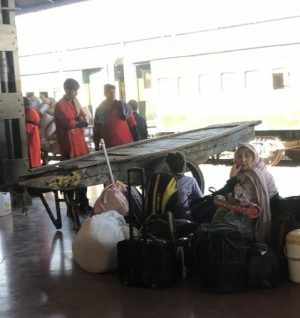
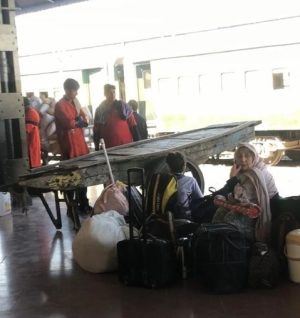
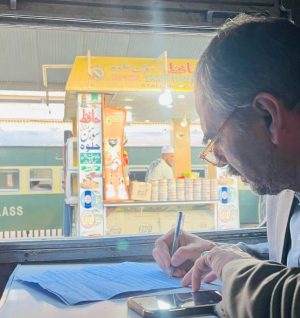
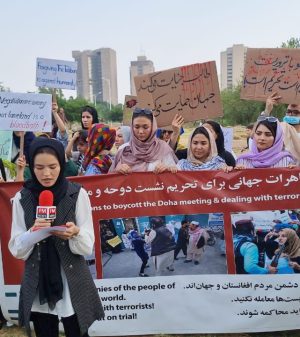
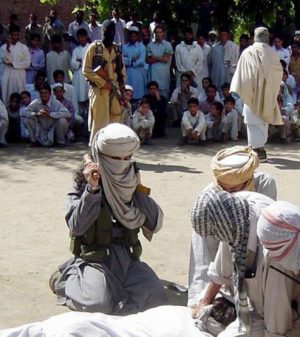
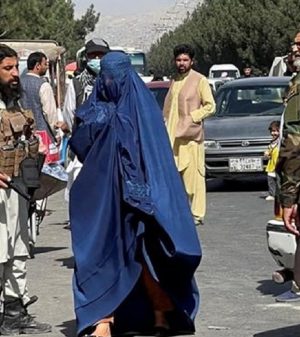

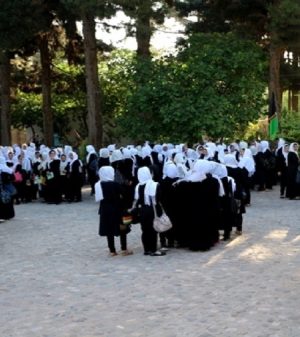
Add Comment